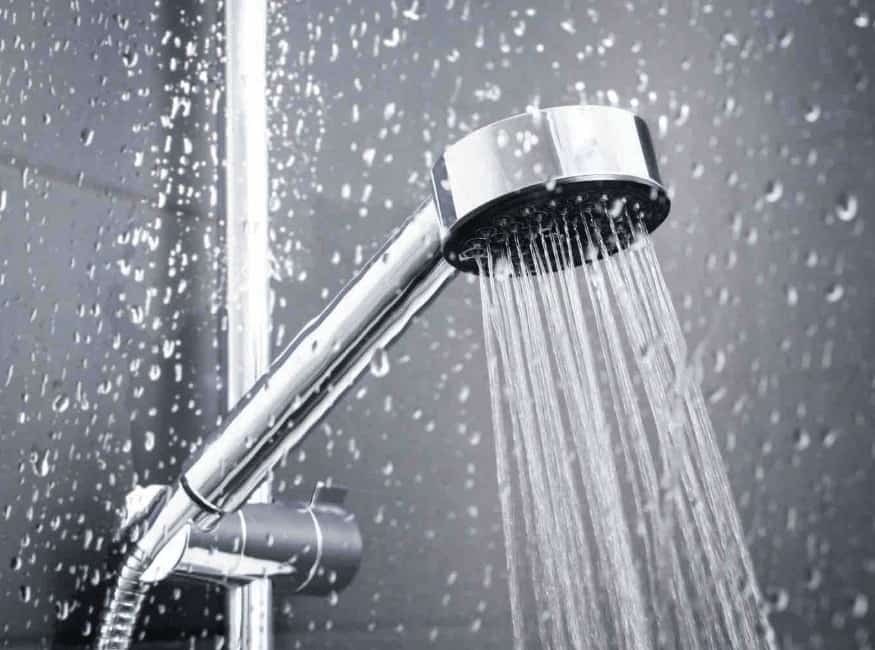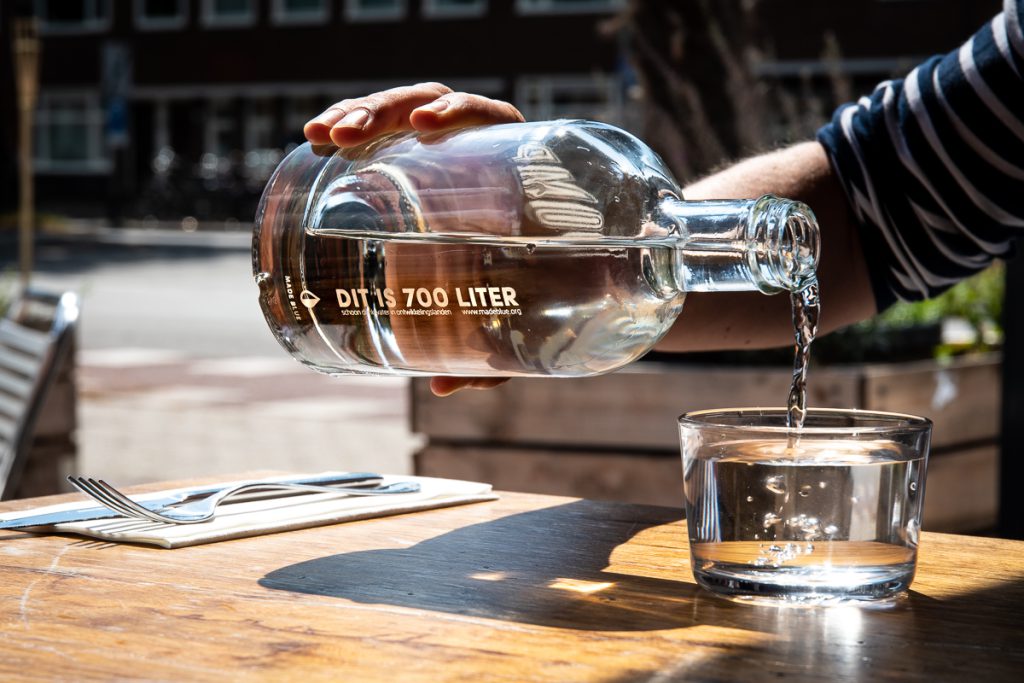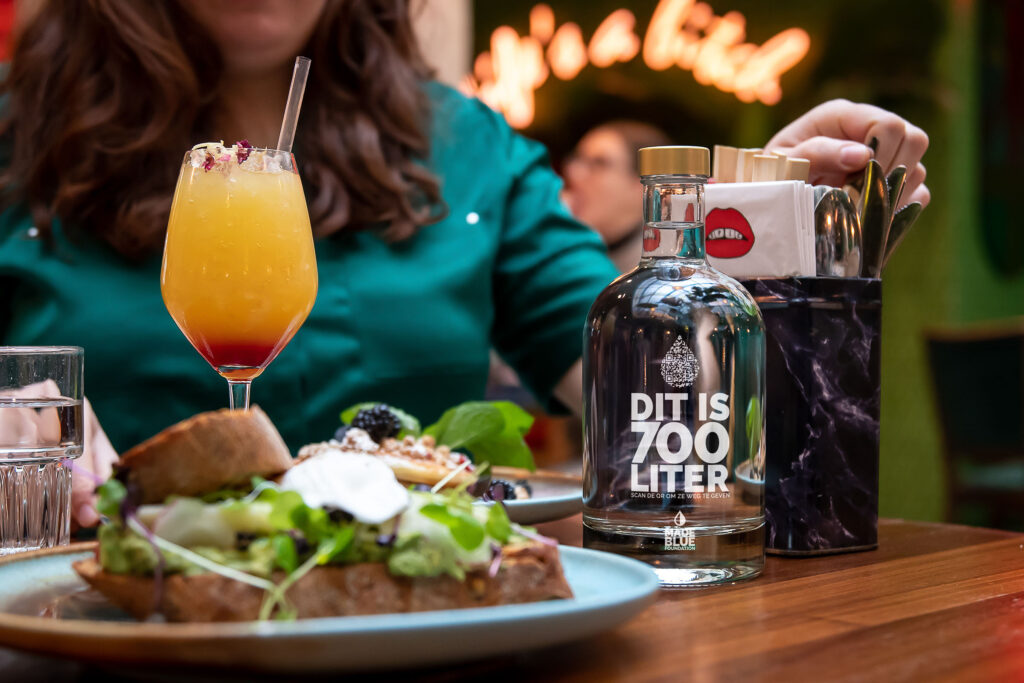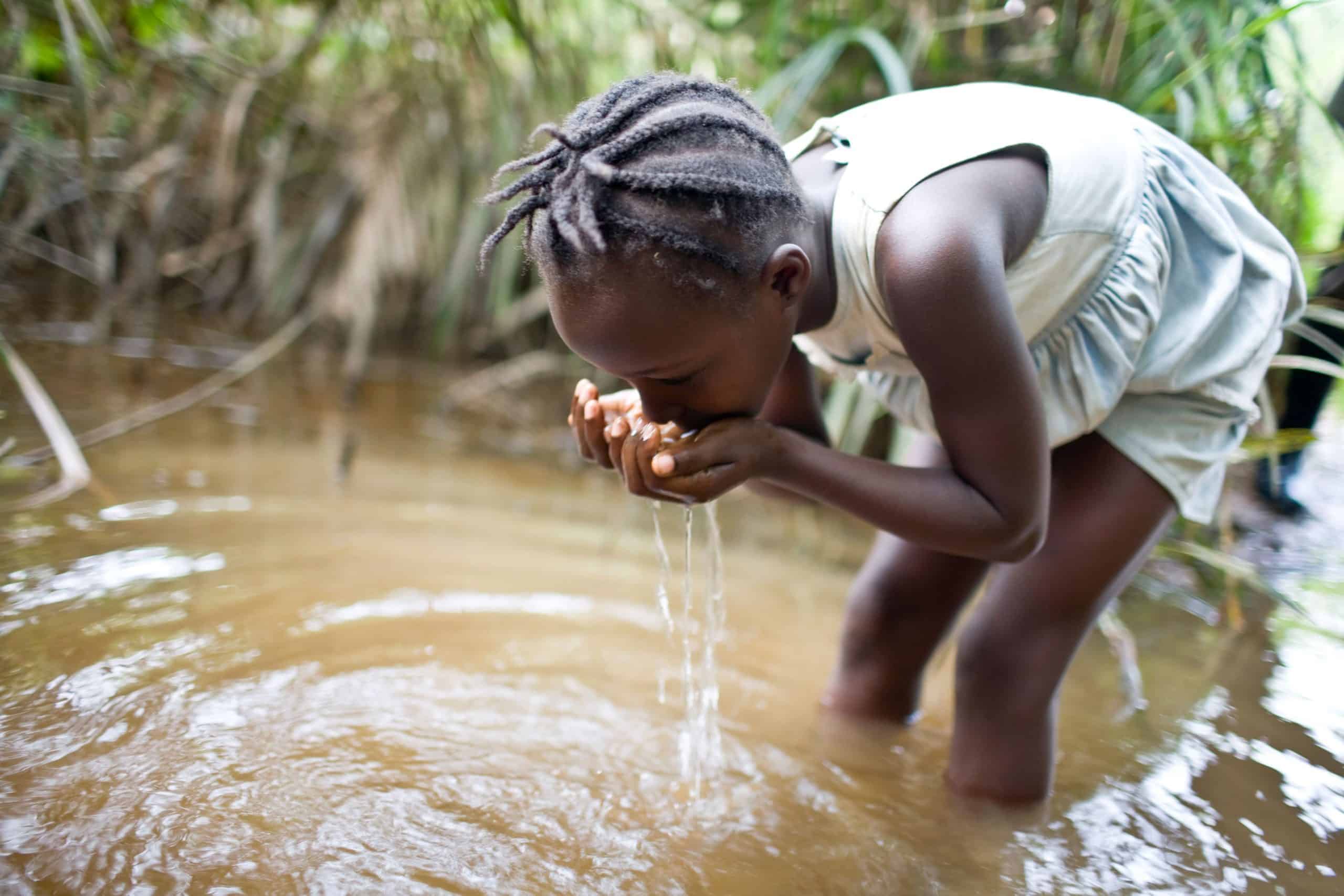
Facts and figures about water
Access to clean drinking water has officially been a human right since 2010. That’s a good thing, because we can’t live without it. Unfortunately, far too many people still lack access to clean water. Find out why this is the case.
Want to know more about the cost of water and how much you consume on average? We’ve got the answers. We’re also happy to let you in on the secret difference between all the kinds of water available.
GO STRAIGHT TO:
Water is the basis
Over 700 million people still lack access to safe water. They lack the basis for a healthy life. But change is possible!
Our mission: clean drinking water for all. Will you help us achieve our goal? There’s more ways to support us than you might think.
Causes and effects of water scarcity
What are the effects of water scarcity, and what does the future hold in store for us? How many people still lack access to clean drinking water, or clean and safe toilets?
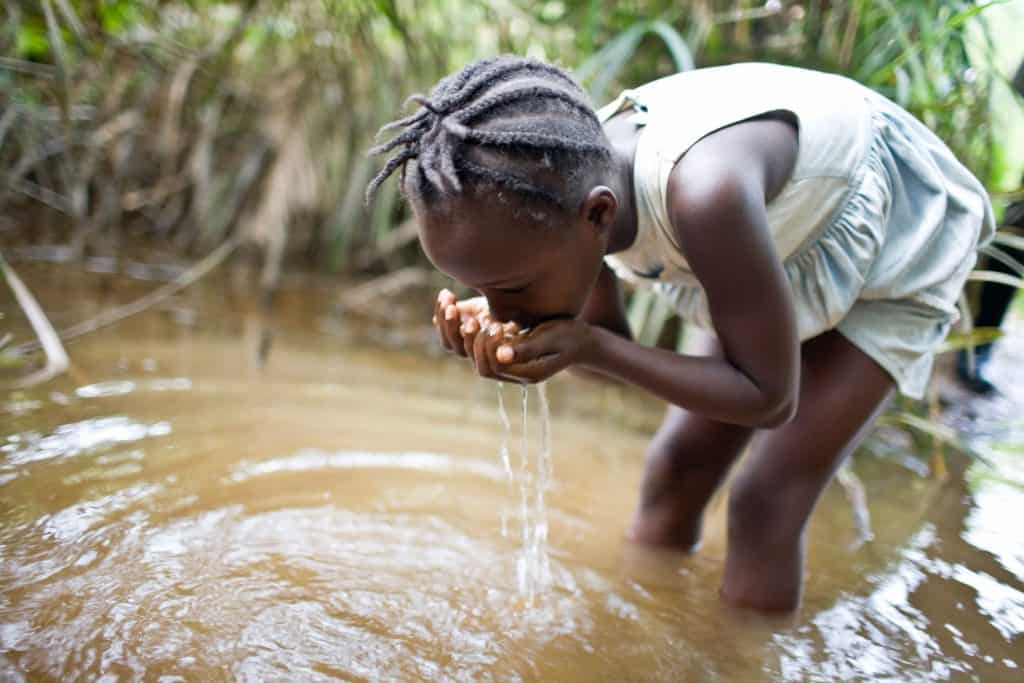
How many people don’t have access to clean drinking water?
Over 700 million people lack access to clean drinking water globally. That’s 1 out of 10.
Young girls and women frequently spend a large part of their day collecting water. This leaves them little time to attend school or build a career, hindering their futures.
Things are progressing in the right direction, aided by our water projects.
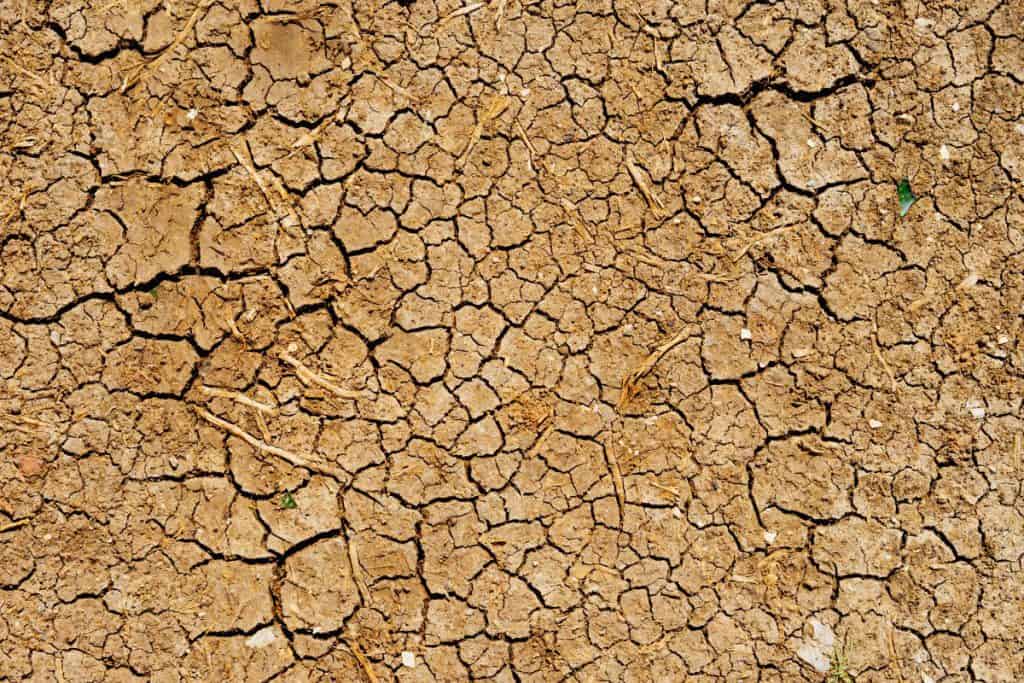
Water scarcity now and tomorrow
Women and children are hit hardest by lack of clean water, as they spend a lot of time collecting any water – often polluted – they can find. Precious time that could have been spend on work, education or caring for a family.
Water scarcity is only part of the problem. It is estimated that every year about 485,000 people perish due to consuming polluted water and poor sanitation. That’s over 1300 people per day, children included.
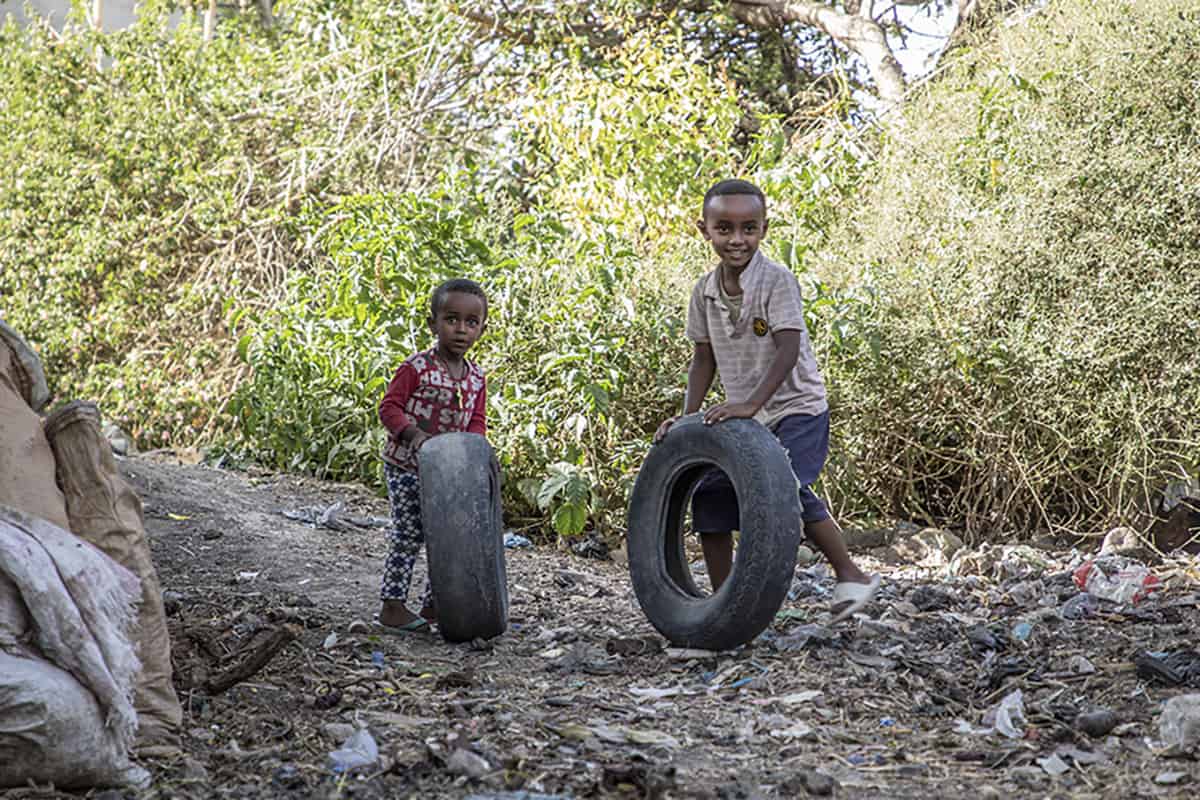
How many people lack access to toilets?
There are still 2,3 billion people worldwide who do not have access to safe and clean toilets. That’s one-third (!) of the world’s population.
Children often play in areas polluted with excrement, an environment in which diseases can thrive and spread very quickly. These illnesses mostly affect very young children and can stunt their growth.
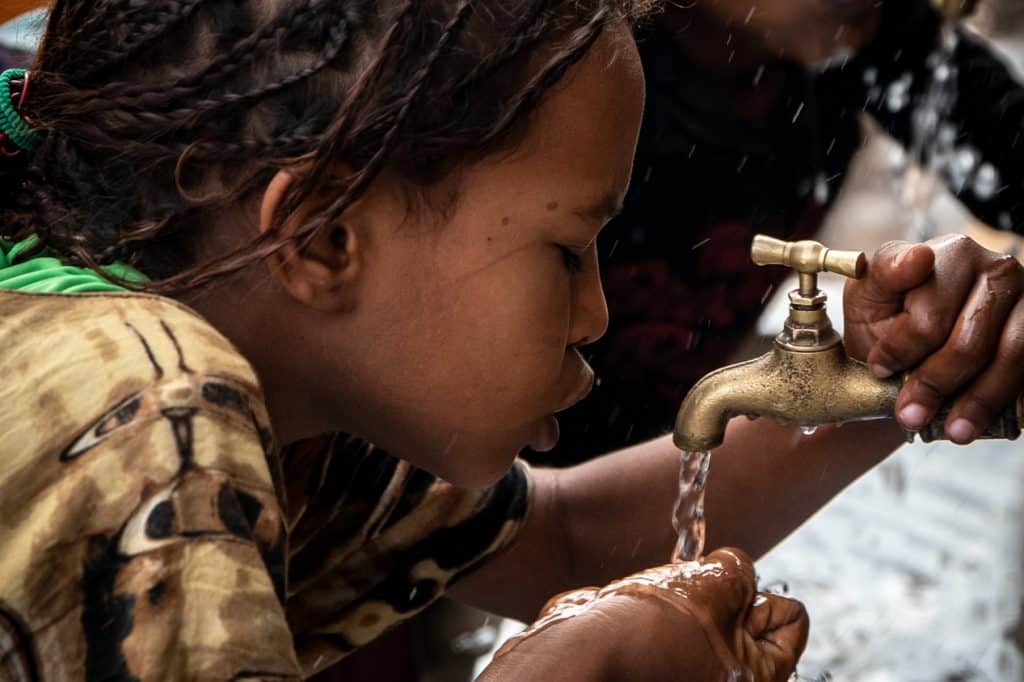
Can you compensate your water use?
Made Blue Foundation is the only partner that allows you to compensate your water consumption in the same amount of litres.
Although, we like to call this mirroring, instead of compensation, setting it apart from the well know practise of CO2 compensation.
Can I donate a water well?
“Can I donate a water well or pump?” We get this question all the time. Understandable, as this feels like a tangible and direct contribution to clean drinking water in developing countries.
Unfortunately, helping to solve this problem is more complicated than you think. A well or pump is not always the best solution for those you’d like to help. Sometimes filtering river water or collecting rainwater can be a much better option in certain regions or situations.
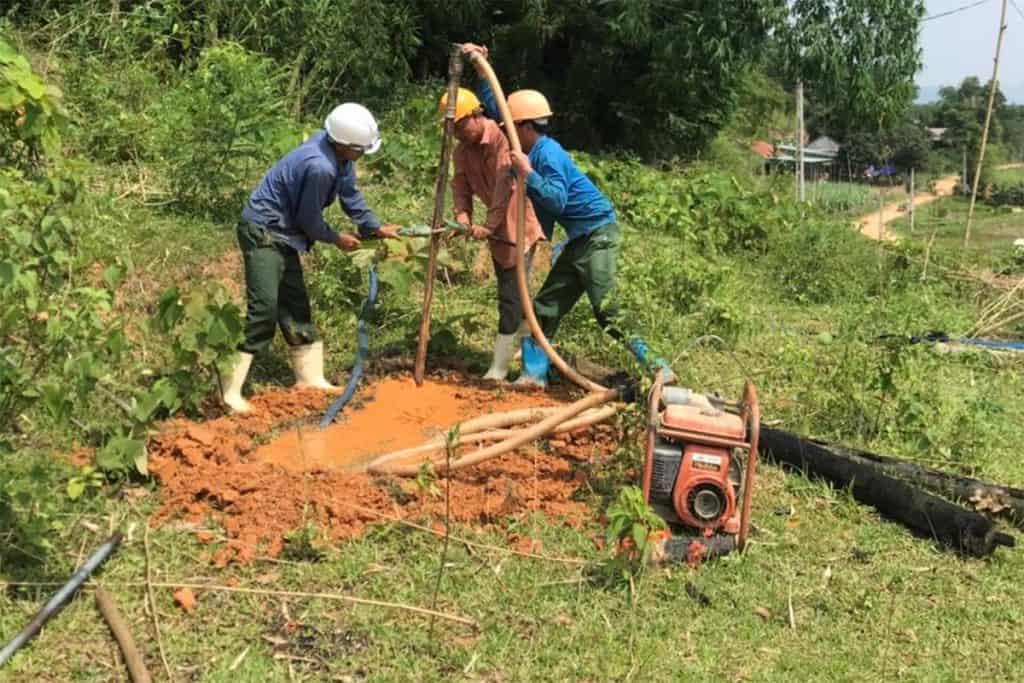
How much water
How much water does a person use per day on average? Is this the same for a hotel guest, more, or actually less? And how much water should you drink each day?
How much water do you use per day?
How much water does a person in the Netherlands use on average per day, what does it cost and how can you be more frugal?
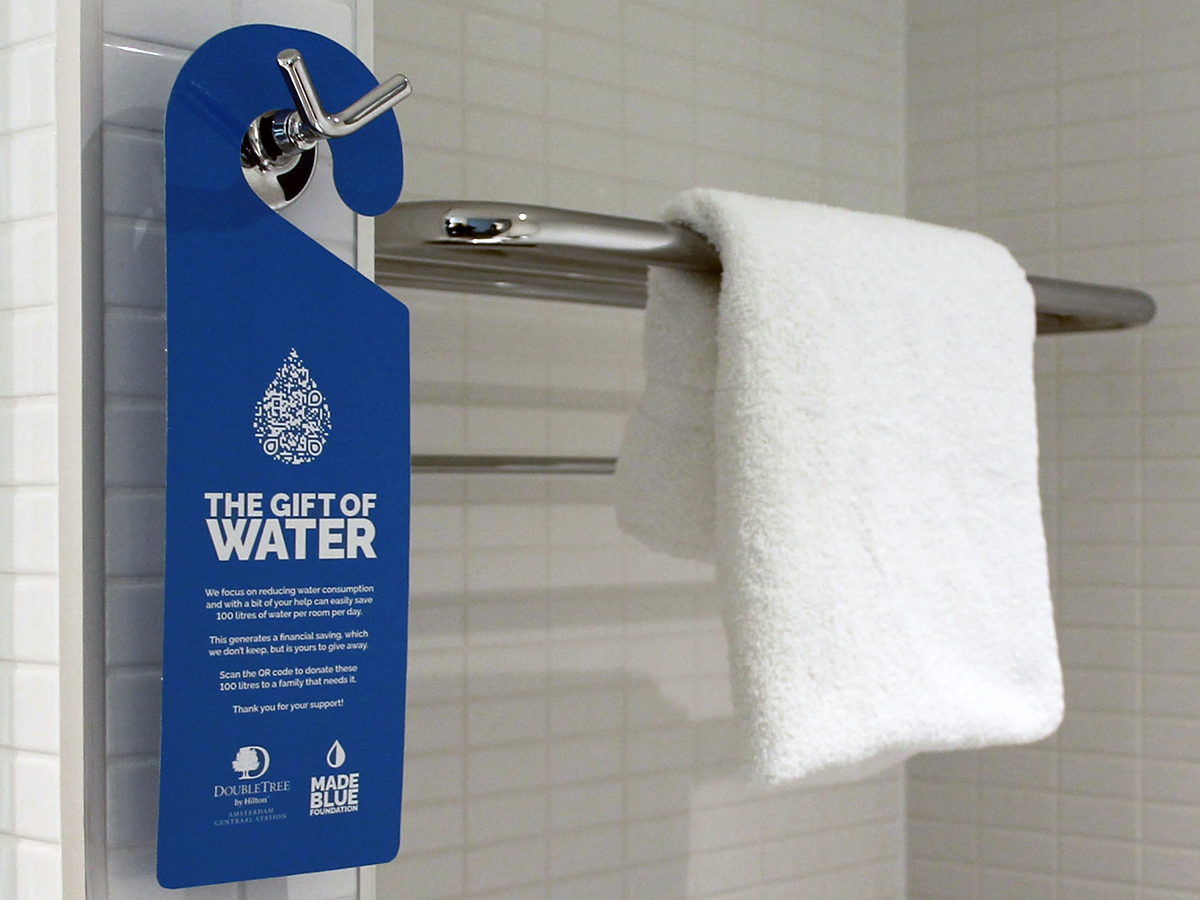
How much water does a hotel guest consume?
Does a person staying at a hotel use more water than at home? We work with a lot of hotels and have been tracking their guests’ water consumption.
How much water should you drink every day?
What is the healthy amount to drink every day? Can you drink too much water?
The cost of water
What does water cost? Why should you pay for tap water in restaurants? And what do you gain from saving water in hotels?
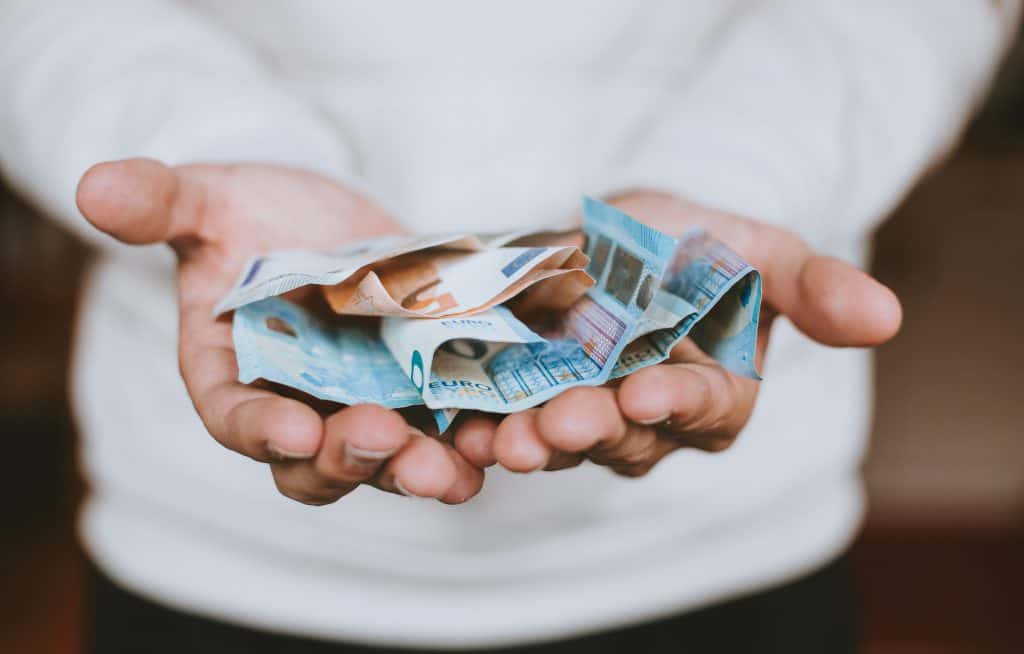
So, what does water cost?
There’s plenty to go around, right? Unfortunately, water scarcity is a real issue all over the world. Reducing your water use has more benefits than monetary ones.
Water has different price points wherever you go, and those who consume it in high volumes pay less than an average household.
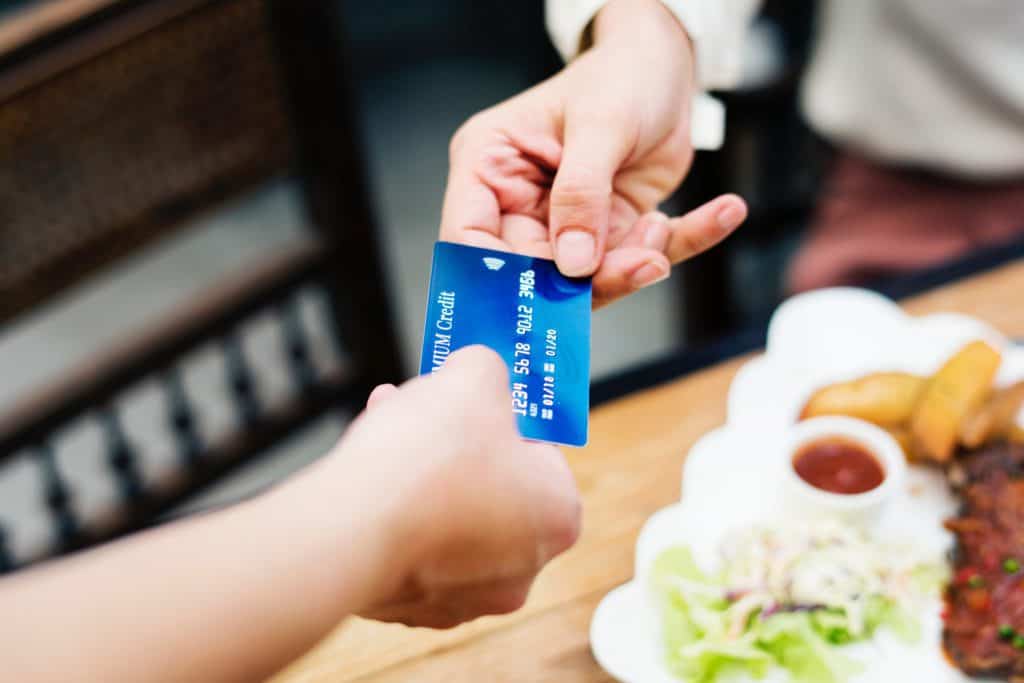
Why should you pay for tap water?
More and more people prefer to drink tap water in restaurants. Dutch tap water is of the highest quality. But are customers prepared to pay for something that freely flows out of a tap?
We asked the GfK to research the answer to this question by questioning over 47,000 participants.
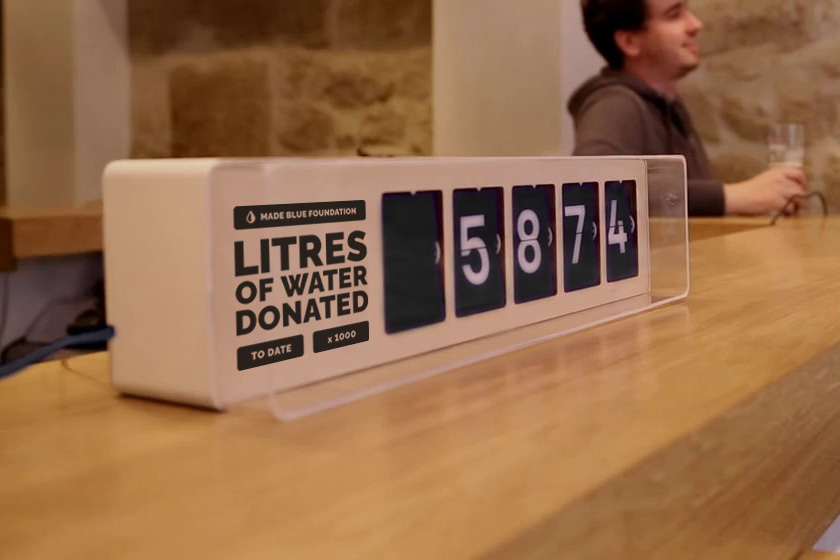
What do hotels gain by reducing water use?
Water consumption in hotels is a major expense, especially hot water. Saving on this immediately saves money.
How can hotels save water without compromising guest comfort? And how much can you save?
Kinds of water
What is the difference between spring water, mineral water, and tap water? Can you swap water for coffee or tea? Is flavoured water just as good for you as the regular kind? Find out here.
Spring water, mineral water, or tap water?
There are more and more types of spring- and mineral water available. Unfortunately, these fancy types of water come with a lot of transport and therefore emissions, and produce a lot of waste.
It would be best to stick to tap water instead, but… what’s the difference between tap water, spring water and mineral water?
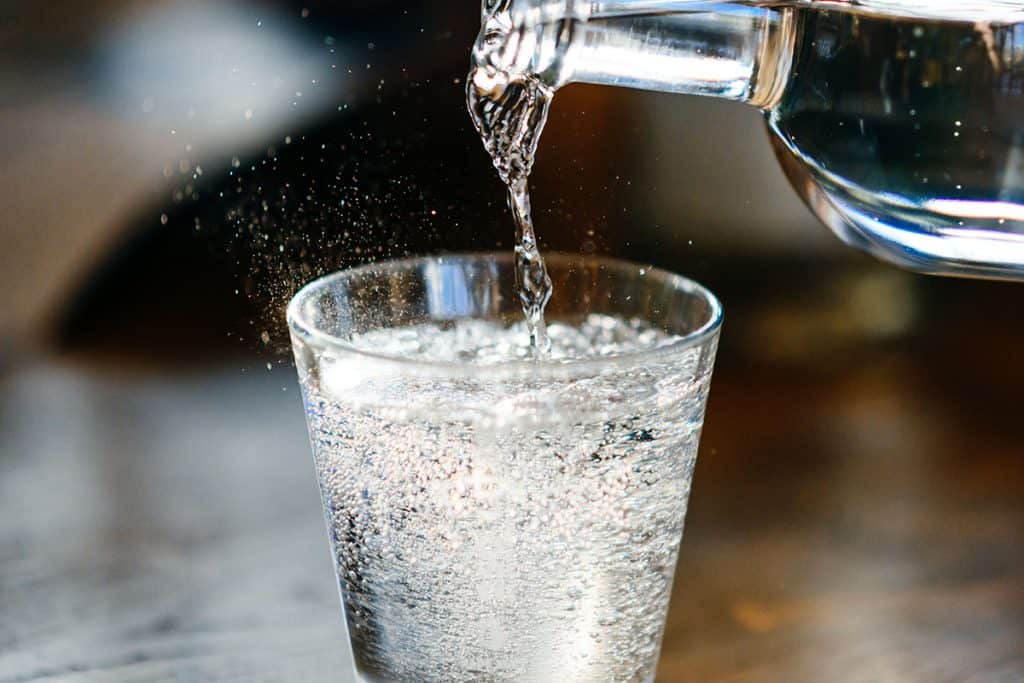
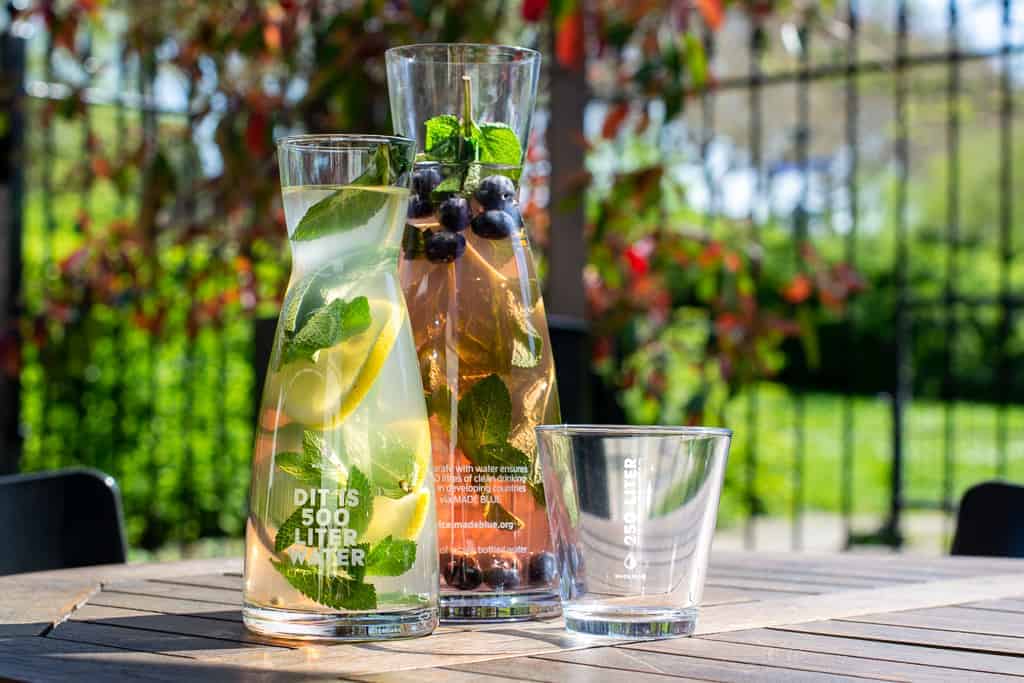
Flavoured water
Dutch people are drinking more and more water. They increasingly prefer to drink flavoured water, too.
This is a healthier alternative to soda, but bottled water has a big impact on the environment. We have listed the data for you.
What is better: drinking water, or coffee and tea?
It is imperative to drink enough every day. But why would you choose water? Isn’t coffee made with water?
Let us tell you about the benefits of water compared to coffee and tea.
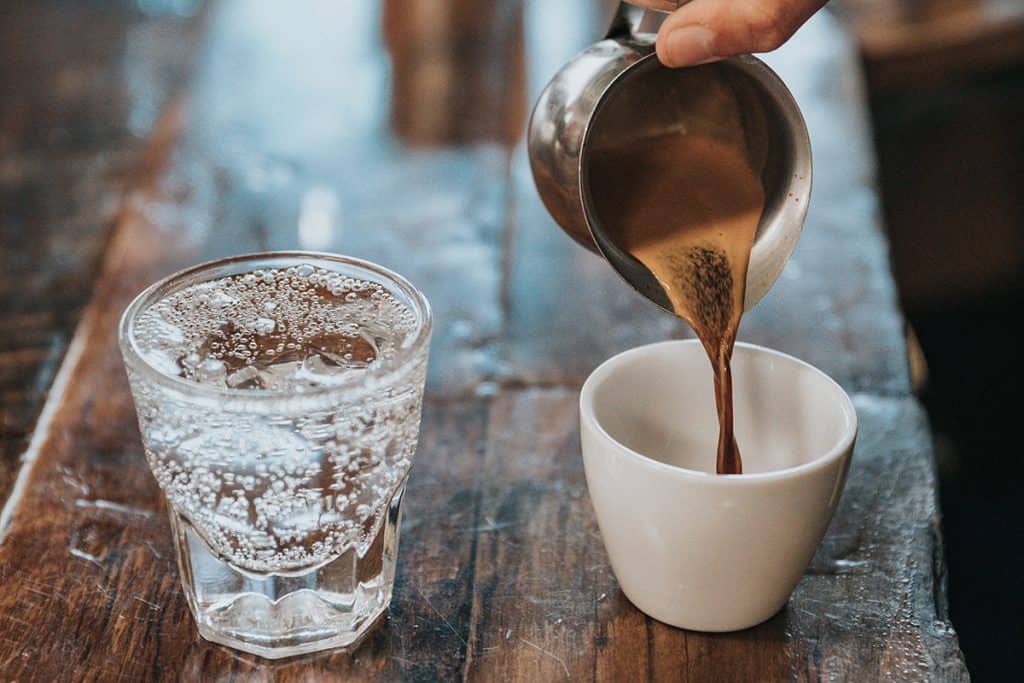
Sustainable water
Local water from the tap, a water cooler in the office, the impact of clean water on plastic waste and CO2 emissions. Learn how you can make an impact on sustainability through your water use.
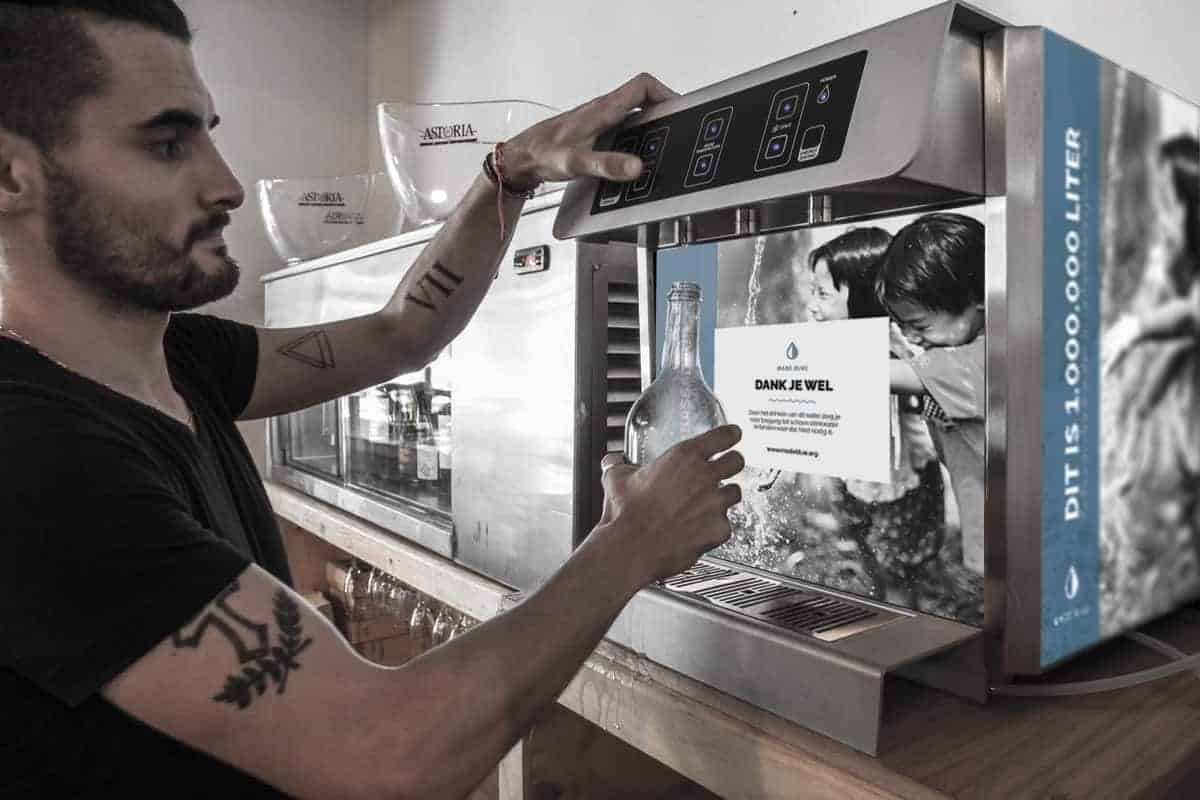
Choose local tap water instead of spring water
Why is local water, tapped via a water cooler, more sustainable than bottled spring- or mineral water?
This is mostly due to the emissions and waste produced by the bottled kinds.
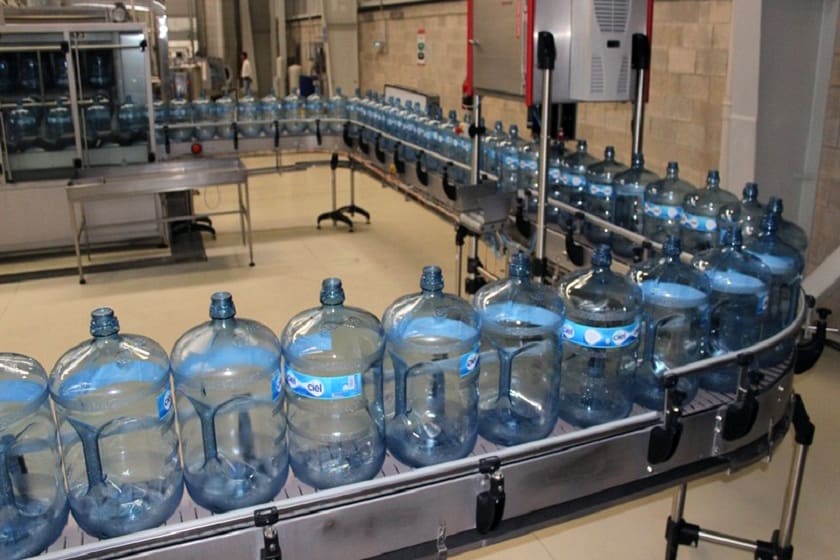
Why a water tank in the office is not sustainable
A chilled drink of water at the office can be a refreshing moment during the work day. But wouldn’t it be nice if this was done more sustainably?
Connect a water cooler to your taps and drink filtered, cooled and sparkling water at work.
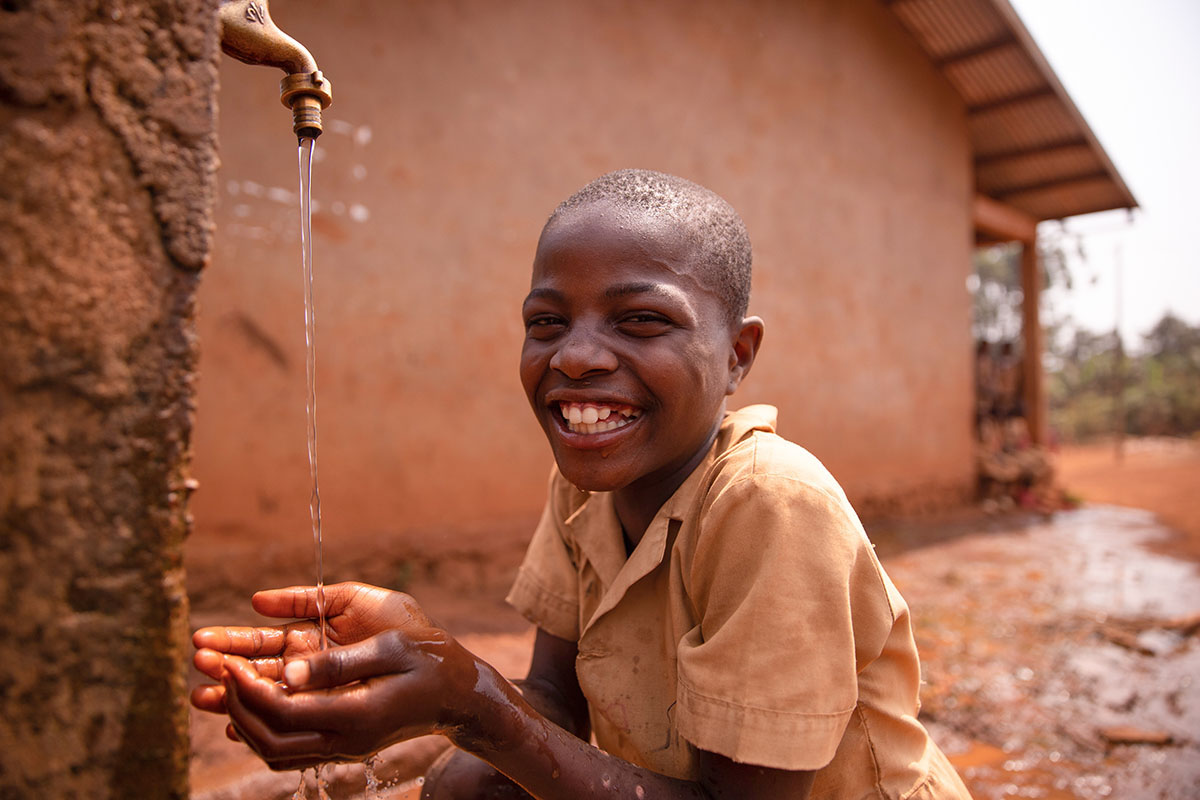
Contribute to our mission too
You can do so in more ways than you might think.
